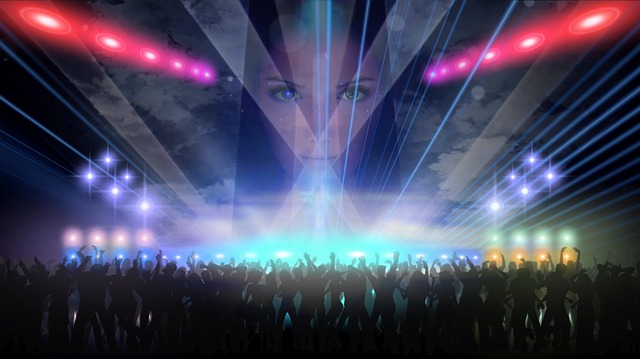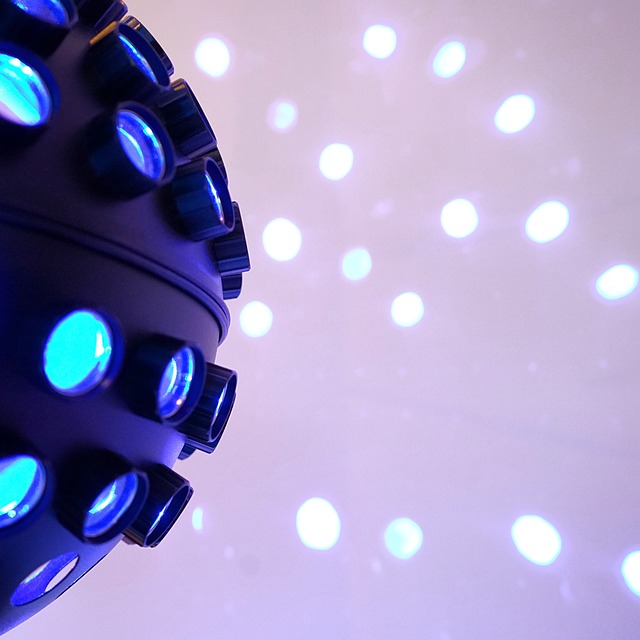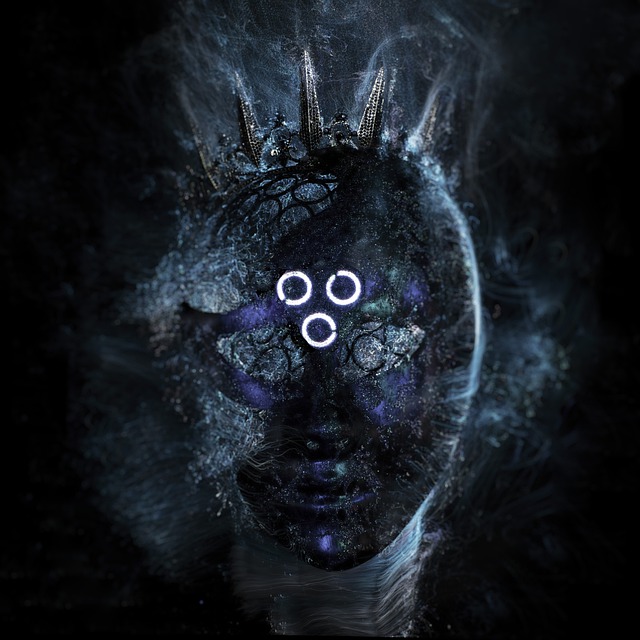
‘Atlas’ plays on all our ‘techno’ fears – Petaluma Argus Courier
In the unusually named sci-fi comedy “Atlas, the Lonely Gibbon,” now having its world premiere at Spreckels Theatre Company, a young married couple are finding it hard to communicate. He’s a journalist, paid to write about the latest advancements in artificial intelligence (AI) while worrying that AI is ultimately going to rob him of employment. She’s a former journalist whose job has already been badly affected by AI to the point that she’s now editing AI-written articles, rather than generating content of her own.
To keep up with the latest AI developments — and issues — David (Keith Baker) has introduced as much AI technology as possible into their small apartment. While he’s still heading out to an office for his work day, Irene (Taylor Diffenderfer) is working from home. This means she’s surrounded by appliances — and even house plants — that not only talk back to her (thanks to the live off-stage contributions of voice actors/puppeteers Julianne Bradbury and Kevin Bordi), but have recently started misbehaving, usually just after her husband leaves. This is, not surprisingly, driving her crazy to the point of paranoia over the possibility that the apartment is being hacked and her every move and conversation observed. To escape the “real” world around her, she frequently puts on a virtual reality headset and enters a quite different world, in which a gibbon named Atlas (who bears a startling resemblance to her husband), exhibits primal behavior that stems from loneliness in ways with which she can identify only too well.
It’s an intriguing premise, which plays on the “technophobia” many of us feel. As an investigative journalist, David has become obsessive about his subject matter, going far — and perhaps unforgivably beyond —where his wife feels comfortable. Most members of a contemporary audience will identify strongly with Irene, who admits to falling in love with her husband for his curiosity, but now feels her space and privacy are being increasingly violated by his obsession.
Far from improving their lifestyle as modern technology purports to do, David’s imported gadgets have become a source of friction and distrust between them.
The play, directed by Sheri Lee Miller (also the Artistic Director of Spreckels Theatre Company), doesn’t dwell on the technical and moral questions around the use of AI. Instead, it explores how modern technology is exacerbating the disconnection of two people who, by profession, should be able to verbalize what they need from each other. One of the strongest observations in the script comes when Irene comments on how people often say disconnected or illogical things to each other simply to create and maintain connection, neatly illustrating the vast — and perhaps unbridgeable — distance between humans and machines.
Playwright Deborah Yarchun (an L.A.-based writer with four separate plays opening around the U.S. and Canada this year) has a good ear for naturalistic dialogue and Diffenderfer and Baker, both accomplished actors, make the most of what they’re given to work with. Unfortunately, their relationship is clearly in jeopardy from the opening scene and there is no sudden plot twist or meaningful intervention by a third character to shift it into a different direction. In the absence of a broader discussion about AI, this under-developed relationship leaves a weakness in the script that stems from the playwright trying to do too many things, but none of them in sufficient depth. A well-built set (designed by Andrew Patton), some excellent light and sound design (Eddy Hansen, Jess Johnson) and sophisticated projections (Peter Crompton) give this new play the color and interest that, despite its flashes of comedy and undoubted good intentions, the script fundamentally lacks.
Like many science fiction plays, “Atlas” also suffers from being too technical for the layman, who in this case will need to understand the importance of such things as keeping your router constantly updated, and not technical enough for anyone with a greater understanding of how AI is already informing and changing the world around us, in many ways for the better. When Irene protests, “I can fear technology and still love my phone!” sadly all too many of us would agree with her, unaware of why Google search is so much more accurate than it used to be, or why it’s easier these days for your doctor to diagnose your symptoms, or how your bank is keeping you more protected than ever before from credit card fraud.
“Atlas” is, at heart, intended to be a comedy, which perhaps permits it to only lightly touch on its central theme. Nevertheless, I can’t help feeling this play does AI a disservice by seeming to justify our culture’s pervasive technoparanoia without presenting an alternative viewpoint or reasons for hope.
Despite my concerns, I applaud Spreckels Theatre Company and other local theater companies for their championing and development of new works like “Atlas.” These efforts are critical to the ongoing health of our theater community and theater at large and, as theater-goers, they deserve our support.
Source: https://www.petaluma360.com/article/entertainment/atlas-plays-on-all-our-techno-fears/



